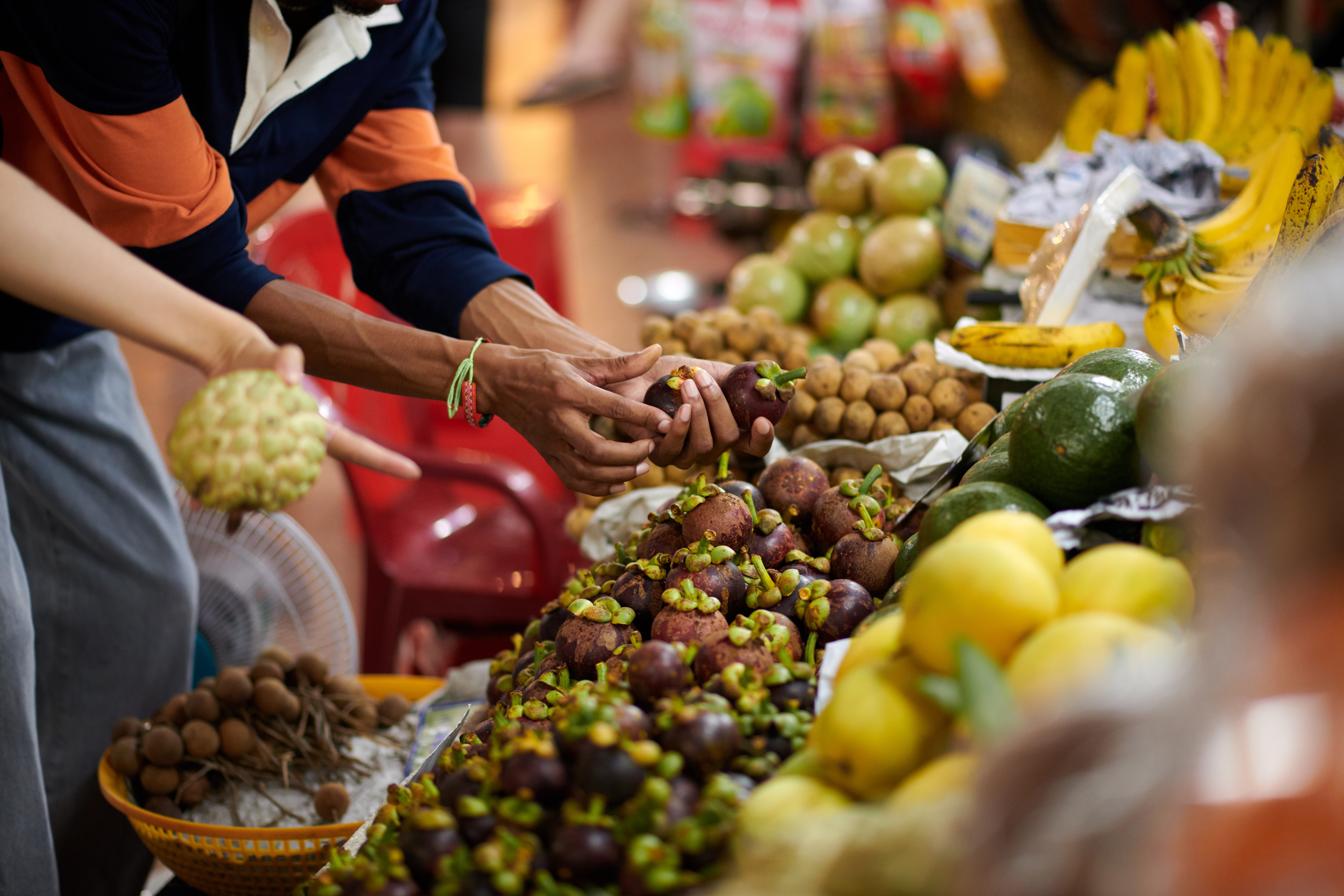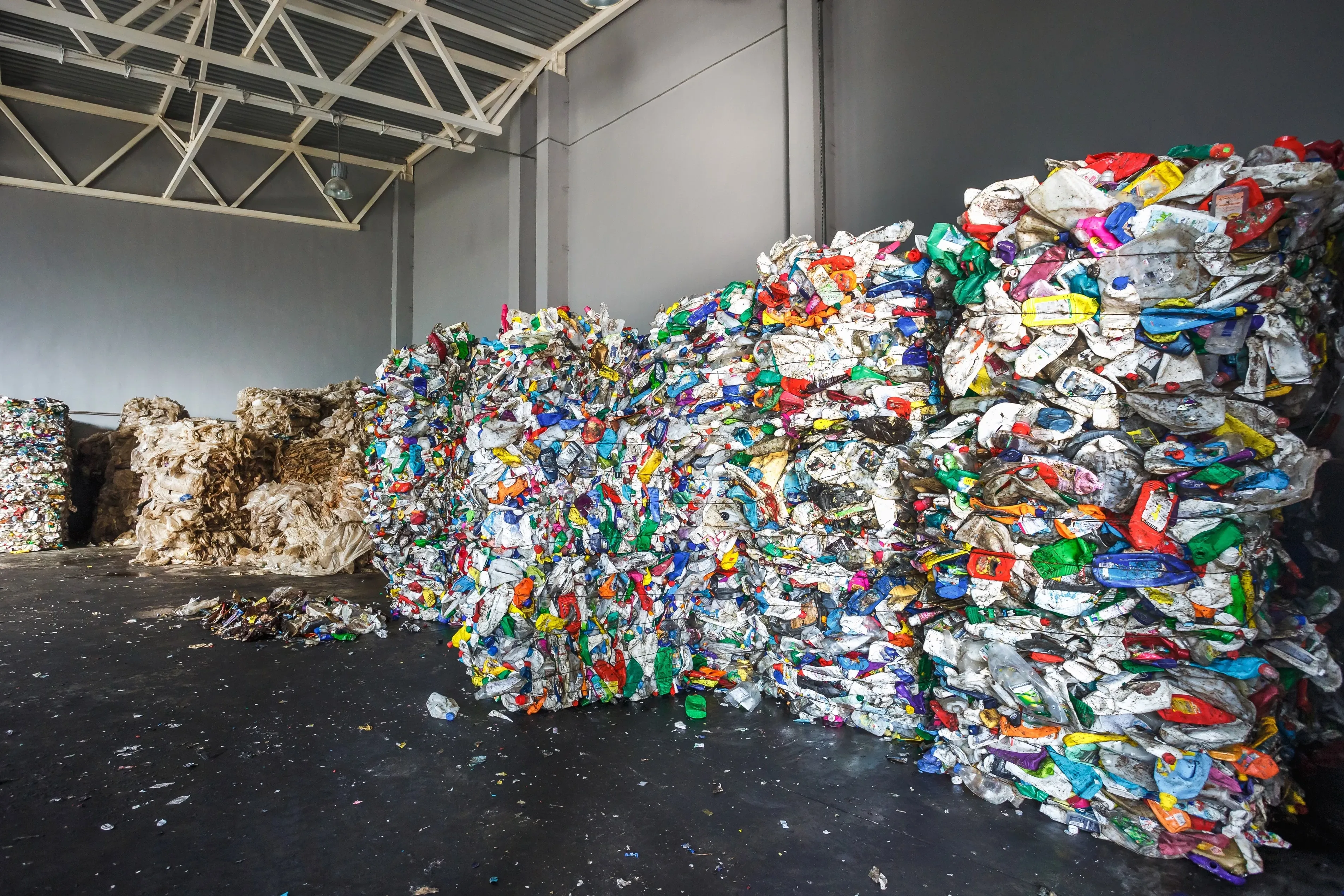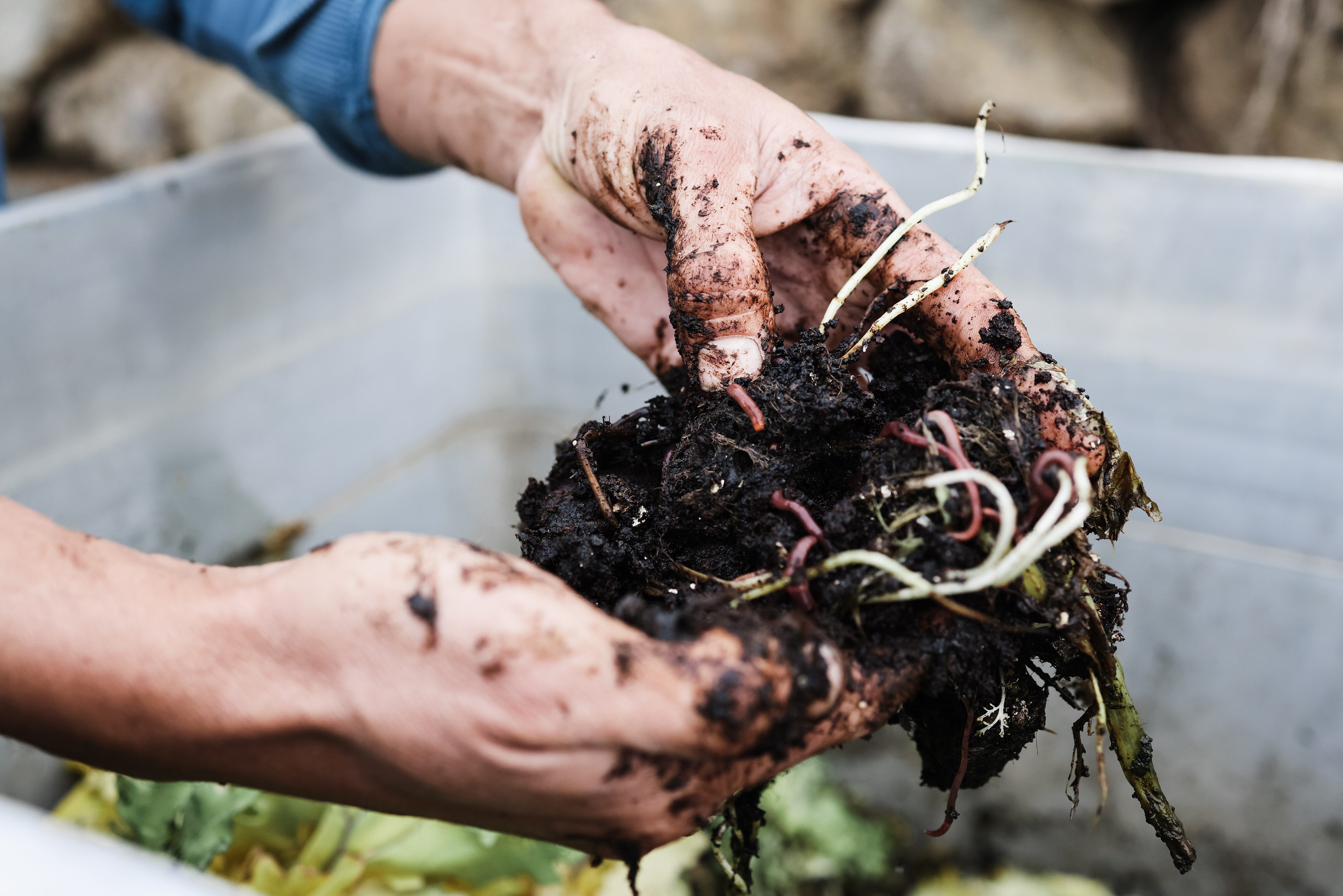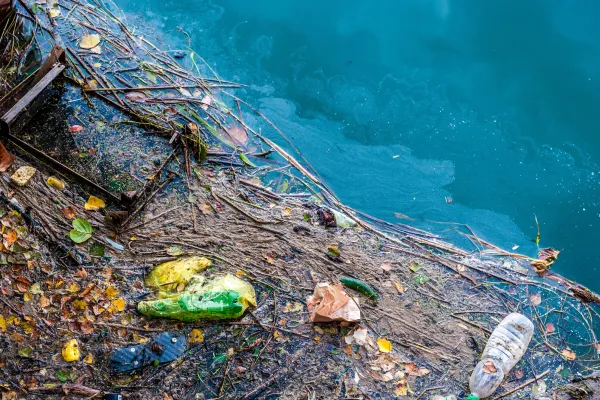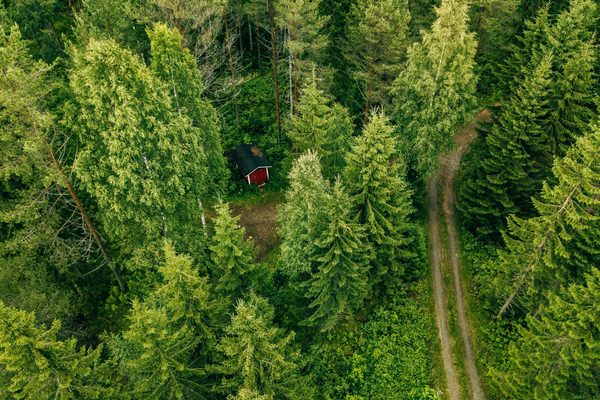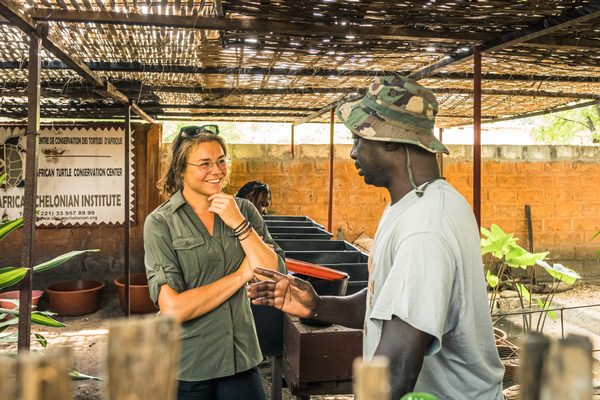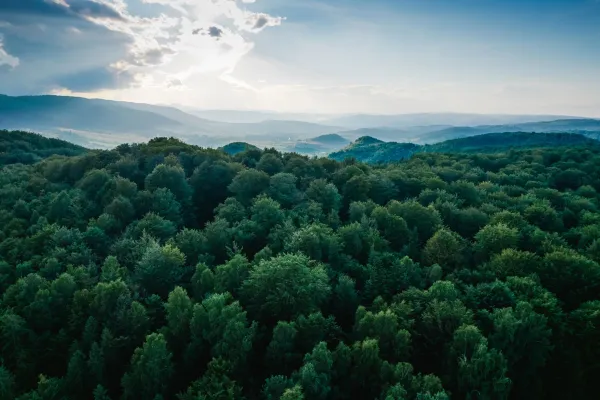Changing your diet for the environment
Food systems considerably impact climate change and biodiversity loss, and what we eat is key to shaping a healthier, more sustainable future for our planet.
Small changes can make a big difference when it comes to our diets and the environment. As the human population continues to rise, food production intensifies and, with it, natural environments suffer around the globe.
Food production impacts the environment in a host of ways; perhaps most pertinently, it causes widespread habitat loss in favor of open space for rearing cattle or fields for growing crops to feed livestock.
Our oceans are being overexploited; fish populations are being depleted, and the wider marine food web is suffering. Besides causing direct loss of biodiversity, food production contributes approximately a quarter of all global greenhouse gas emissions - it is a pivotal issue that needs to be addressed in the face of the climate crisis.
There are many ways consumers can make small changes to their food habits that can reduce their carbon footprint significantly. With shifts in what we eat, how much we eat, where we buy our food and what packaging options we choose, we can all help to minimise further damage to the planet.
In particular, reducing our meat, fish and dairy consumption, and minimising food waste can have a significant positive impact on our carbon footprints. Learn more about how changing your diet for the environment can have a positive impact in this article.

Eat less meat, fish and dairy
Global meat production rocketed 500 per cent between 1992 and 2016. Meat is an important protein source, particularly in low-income areas; however, in developed countries, most people consume much more meat than they need for optimal health.
The best way to incorporate healthier, more sustainable changes to people’s diets in high-income regions is, therefore, usually to reduce meat consumption (particularly beef and lamb) and increase intake of plant-based foods. A plant-rich diet uses less land, produces fewer greenhouse gases, requires less water and is better for animal welfare - not to mention the nutritional benefits!
It will likely come as no surprise to hear that the production of meat and dairy products is particularly harmful to the environment. But did you know that, if you are a meat eater, this is an area where you could have the most significant impact on your environmental footprint? And you don’t need to swap to a vegetarian diet to reap the benefits.
A study published in 2021 found that swapping out just 10 per cent of an American person’s daily caloric intake from processed meats or red meats for fruits, vegetables, nuts, legumes, or selected seafood could reduce their personal environmental footprint by an amazing 33 per cent.
Minimise waste
The carbon footprint of food waste is enormous: based on data from 2011, the FAO reported that if food waste were a country, it would be the third-largest carbon-emitting country in the world. While in low-income countries, food waste is more prevalent in production and post-harvesting stages, in high-income countries, more food is wasted in the processing, distribution and consumption stages.
Consumers have more control in these later stages in the system; we can, for example, take care not to fall into the habits of buying for aesthetic preferences and following arbitrary sell-by dates. It’s not just the final product we are wasting when we put food in the bin, but also the land, energy, water and fertiliser used to produce, package and transport it.
Keep potential waste in mind when you do your food shopping and avoid buying more than your household needs. Buy the imperfectly-shaped fruits and vegetables that are more likely to get thrown out. Measure your rice and pasta before cooking. Try not to buy multipacks of fresh food just because they are good value, if you know they aren’t all likely to get eaten.
If you have a freezer, freeze food while it is still fresh. Be creative with your leftovers, and if you find yourself with much more than you can eat, why not share with other households? For the waste you do create, recycle it by composting at home for the best environmental benefits.
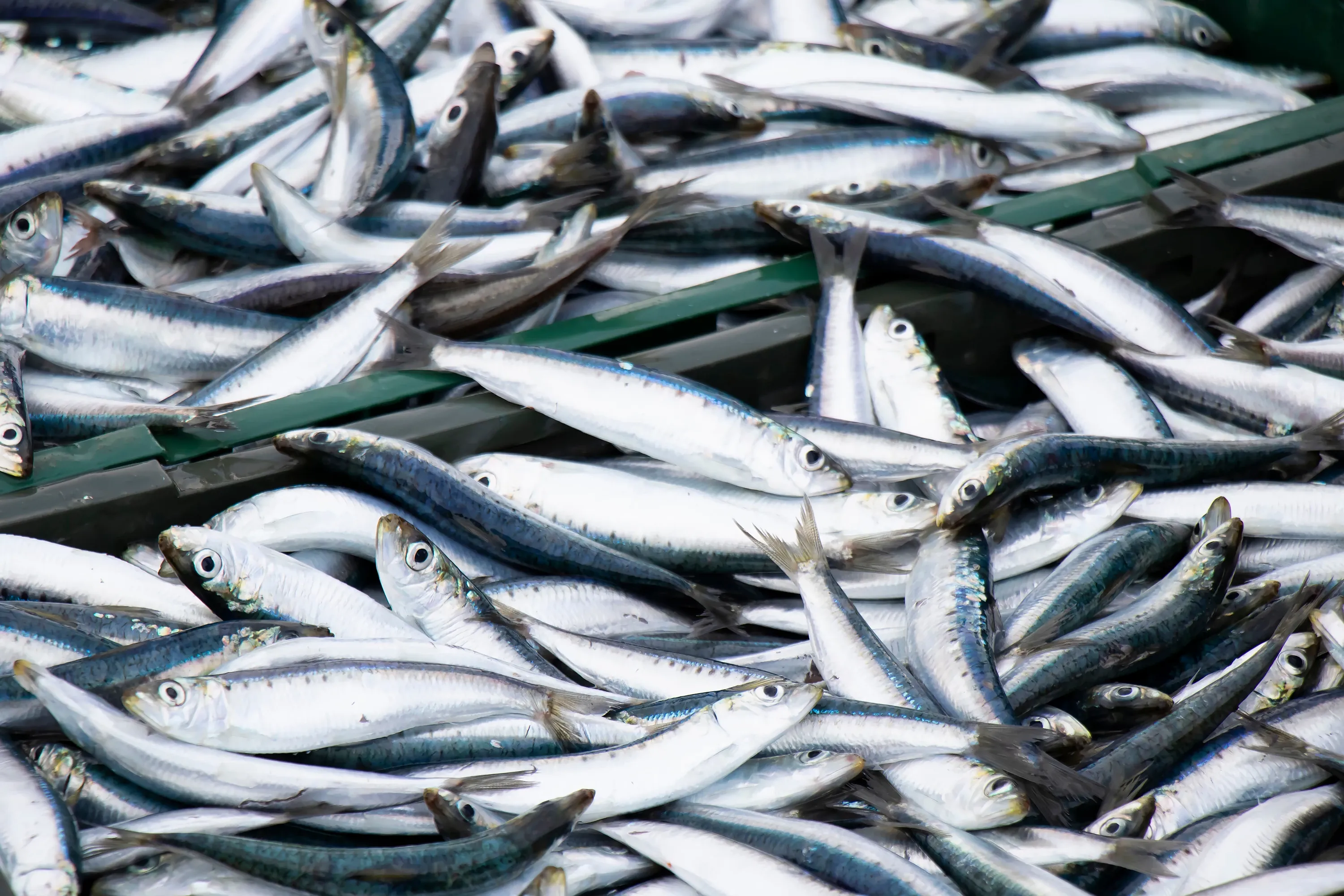
Other small changes for the environment
Reducing your fish consumption and choosing sustainable sources of fish and seafood can significantly help to minimise the carbon footprint of your diet. Did you know that 94 per cent of fish stocks are being pushed to their limits or overfished?
By opting for more sustainably sourced fish, you can reduce the pressure on the species in high demand. Buying locally sourced food is another significant change. Reduce your food miles by eating fruit and vegetables that are in season locally and choosing food that has been produced closer to your home. Better yet, consider growing your own! Lastly, consider the packaging as well as the food itself.
Use reusable bags when shopping and opt for loose, packaging-free fruit and vegetables whenever possible. Make even bigger waves by asking retailers for packaging-free options and putting pressure on food brands to provide plastic-free alternatives.
Conclusion: Small steps can have a big effect
In high-income countries, the biggest changes we can make to our diet with the environment in mind are related to reducing the consumption of meat, fish and dairy, and minimising the amount of food we waste.
To make the changes sustainable, implement one small diet-related change at a time. Only move on to the next once the first has become integrated into the way you shop/eat.
The small changes we make add up to significant movements for the environment but if you want to make an even bigger impact, there is always value in putting pressure on retailers and producers to provide more environmentally friendly options for consumers.
Sign up for the newsletter
By clicking on “Subscribe now” I will subscribe to the Conscious Explorer newsletter with all the information about mindful travel. Information on the success measurement included in the consent, the use of the shipping service provider MailChimp, logging of the registration and your rights of revocation can be found in our privacy policy.
